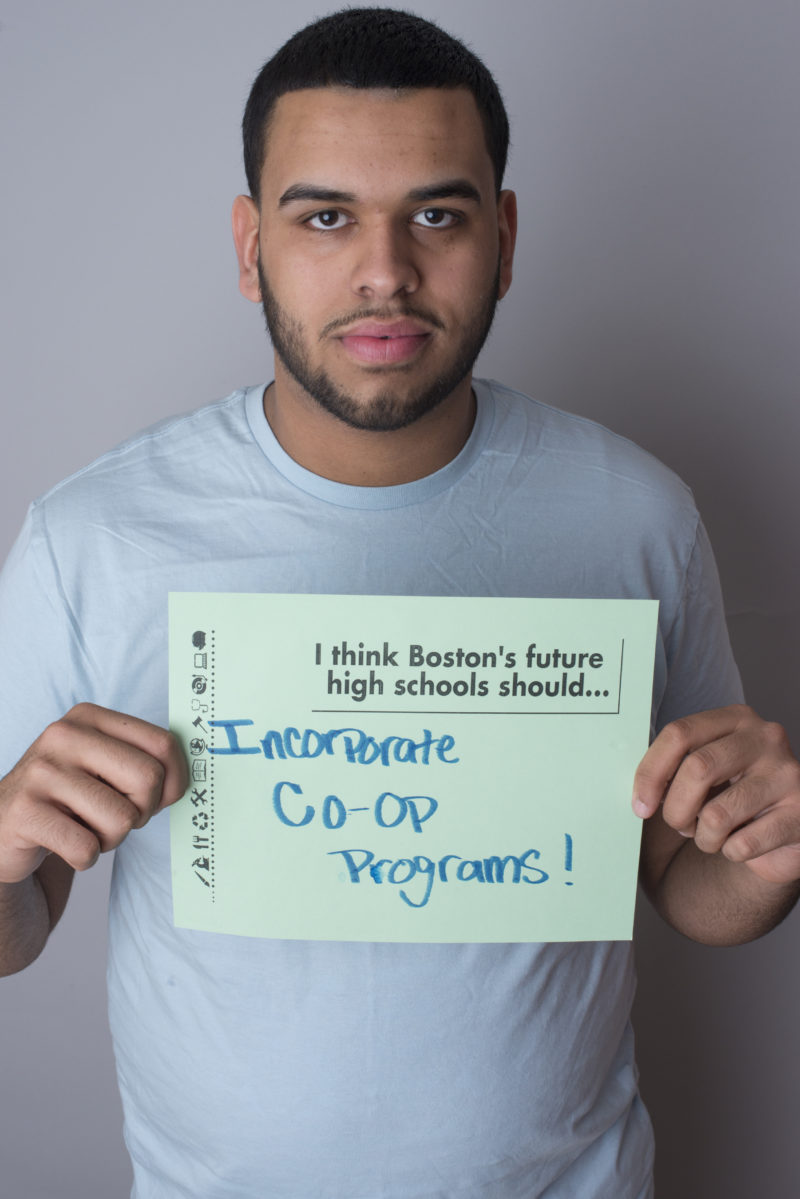
By Willis Calderon
School doesn’t teach us the things we want to learn more about; that’s the main reason why students feel like school isn’t for them.
Students like me have a hard time connecting school to real life. I tend to doze off and go to sleep in class. I believe a lot of students have the same problem, which causes a high dropout rate. A lot of students don’t have the patience to stay in school. ”One in four American students does not graduate from high school on time, if at all. Many of these young people blame schoolwork that failed to challenge them and assignments that meant nothing in their lives.”[1] Those students feel like they don’t have any motivation or anything waiting for them at the end of their school process. According to Derek Messacar and Philip Oreopoulos in “Staying in School: A Proposal for Raising High-School Graduation Rates, “By the time students decide to leave, they often feel there is disconnect or lack of support between themselves, their parents, and their teachers.”[2]
The same applies to the students who just want to join the workforce after high school. Each year we have the same subjects. The difference is that the material becomes more complex. We move from algebra to geometry to pre-calculus to calculus. And while I see the point of learning algebraic equations to figure out my phone plan, I don’t know what I’m using the unit circle for in real life. School doesn’t teach us the things we want to learn more about; that’s the main reason why students feel like school isn’t for them.
I think about dropping out. But I know that education is key and it will lead me in a positive direction. Many students don’t have the patience or willpower to complete school. One way schools might connect with students and keep them motivated is to give high school students a chance to try out jobs through internships and co-op programs while still in school. This could connect what students learn in school to what they want to do after graduation. It might also keep them in school.
I believe students will have a better view on life and school itself if they can connect the topics we learn and apply it to the real world. One answer is co-op programs. Co-op programs give students the choice to go deep into the career they want to pursue for the rest of their lives—a chance to learn the hard skills of a profession they are interested in. Co-ops would be good for students who want to join the workforce after high school.
According to Lisa Doherty, the coordinator for the co-op program at Northeastern University (NEU), co-op programs are ¨a partnership between an employer out in the field, from large companies to small ones. Students usually take a semester or so away from the normal classroom routine and spend that time working in an internship.”[3] The idea is for the students to contribute in some way in their interest of study, For example, if a student is studying to be a lawyer the program will place him in a law firm. Students can get familiarized and comfortable with their future job. It also allows students to see if that’s the job they really want. The program is free since it’s part of the university, but it could also be a free program as part of BPS, which would be necessary because a lot of BPS students come from low-income homes and can’t afford to learn a trade outside the school system. If the right students take advantage, it would be a great opportunity for them and their families.
T hese programs also teach skills that are necessary no matter what job you end up having. Lisa Doherty also explained that ¨these types of programs teach a lot of soft and hard skills. They also teach you more about yourself and the things you can and cannot do.” Right now there are no Boston Public high schools that have a co-op program, but the NEU program is, as UsNews.com states, an “educational model…like no other…Integrating rigorous classroom learning with real-world experiences¨
NEU can be a model for the redesign program for high schools—incorporating a work co-op program so students can work and go to high school at the same time. Maybe juniors and seniors could have year-round school with work and studying happening all year. Summer jobs could be part of their high school curriculum structure. Students would be paid, which would be very motivating for them to continue with their education and would put them on a career path of their choice.
If this option was available in my high school, I would definitely take advantage because I would have a chance to start my career path early. After high school I would go into my trade knowing what’s going to be thrown at me and all I would have to do is put my effort into making my knowledge and skills grow. But the point is that I’d leave high school with something that I wanted to learn about. Not just basic math, English, and science.
- Gene Bottoms, “A Vision for High Schools: Joining Academic and Technical Studies to Promote More Powerful Learning,” Techniques: Connecting Education and Careers 83, no. 8 (2008): 16-21 ↑
- Derek Messacar and Philip Oreopoulos. “Staying in School: A Proposal for Raising High-School Graduation Rates,” Issues in Science and Technology 29, no. 2 (Winter 2013). ↑
- Lisa Doherty, in discussion with author, January 19, 2016. ↑
You must be logged in to post a comment.